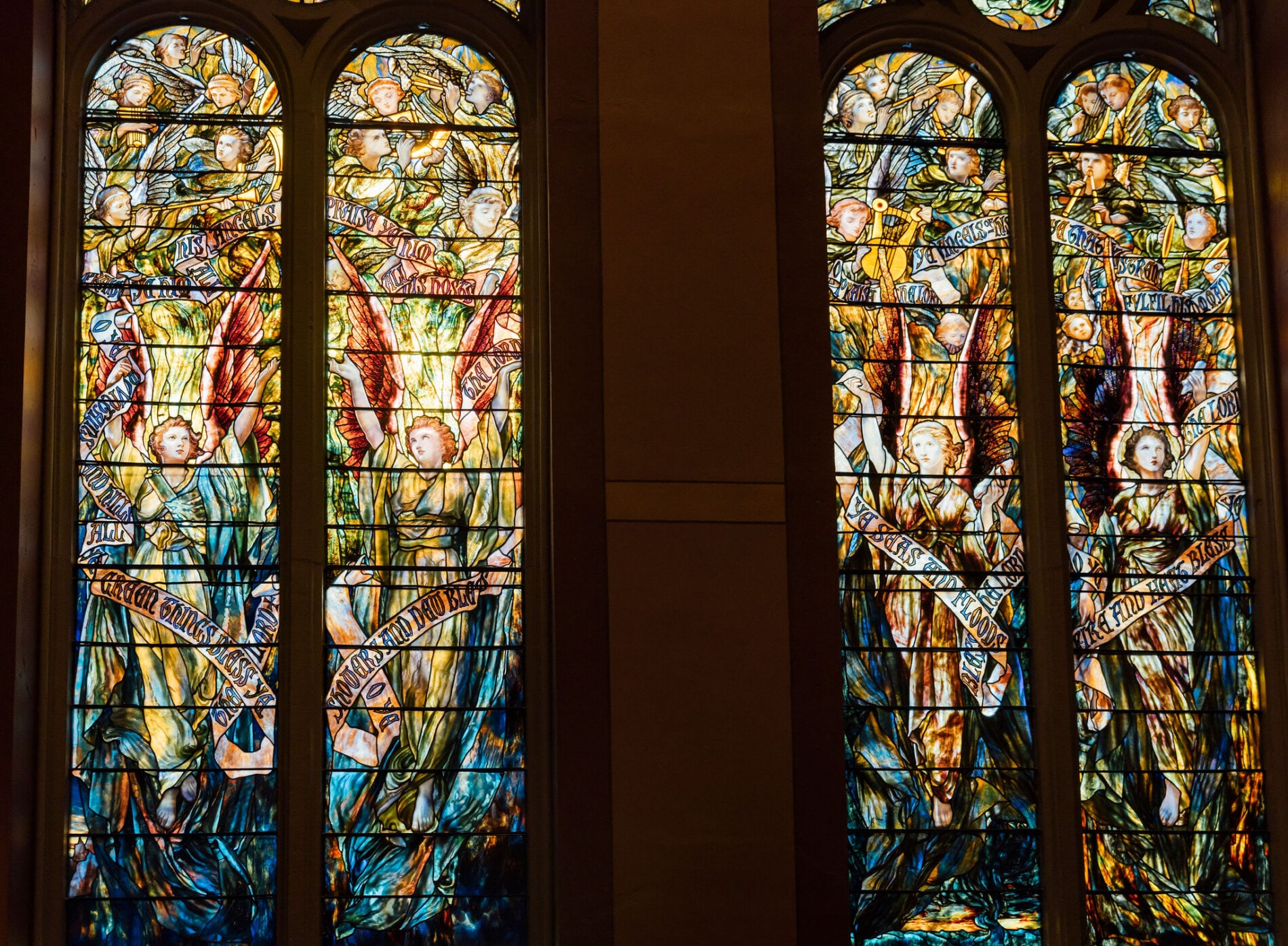
Discernment, Doubt and Flowers in Bloom
Our soul’s discovery is utterly crucial, momentous, and of pressing importance for each of us and for the world. We do not “make” or “create” our souls; we just “grow” them up … We are charged to awaken, and much of the work of spirituality is learning how to stay out of the way of this rather natural growing…We need to unlearn a lot…Yes, transformation is often more about unlearning than learning…
—Richard Rohr, Falling Upward
On a recent summer’s morning, when I was taking a Sabbath rest, nothing was going as planned. I’d overslept, and the morning seemed fleeting. In the town where I was staying, there was a noontime siren. It went off too soon.
On the way to pulling my yoga mat out of the closet, I decided to take a detour outside. The wildflowers in the yard seemed to wave at me in the afternoon breeze. Bees were grazing on a riot of pink trumpet-weeds that grew next to some black-eyed Susans. I would cut some flowers for the glass vase on the dining room table, then get to the morning’s plan: yoga, meditation, and writing.
In midsummer, the lavender-blue hydrangea was in bloom. I searched the collection, and chose a flower that faced away from the house. I reached around the bush, and found the perfect stem. As I drew it closer, I saw that it was choked with a thin vine—a weed that wrapped itself around the stalk and had also managed to curl itself around some of the petals. Should I cut the weed off before or after I cut the flower? Would that destroy them both? Better take them as they were and untangle the weed after, I thought. So I made one snip of my kitchen shears, cutting the flower and its unwanted companion, then carefully unwound the vine, clipping it in different places to set the flower free.
Once inside, I arranged the pink, blue, and yellow stems in the vase, stepped back, and admired how they looked, freshly weeded and adding cheer to the dining table that was serving as my husband’s de facto desk. This one offering to the house seemed to set the day back in place—and allowed me to show up to my spiritual practice for the rest of the day. I later remembered that Jesus had something to say about plants and weeds, too. In Matthew 13, he shared a series of parables, one of which talked about a farmer who sows seeds in his wheat field but in the night “the enemy” sows weeds alongside them. When the farm workers report what happened, rather than have them cut the weeds away first, the farmer instructs them to wait. He tells them: “let them both grow together.” Later, at the harvest, they will gather the weeds first “to bind and burn.” Then, the wheat will be harvested on its own, and collected in the barn.
Where do we see ourselves in the story? Are we the flower or the stalk of wheat? If so, perhaps some of us have been hacking back the weeds of doubt and discernment. What is God’s purpose for us? Are we where we’re meant to be, or do we need to get free of some choking hazards in order to dream bigger and stretch into some new area of growth? For ourselves, and for our world?
Are we the gardener, sent to tend to the flowers of our faith? How can we love and care for self, others, and God in a world that seems, at this time, all too far from the peace that nature brings?
And perhaps, now and then, we are the weeds?
As followers of Jesus, we are invited to let the good in us “grow together” with all that is not of God. As my daughter puts it: “you can be beautiful even when you’re wrapped in weeds.”
Krysia Burnham is a Community Minister and member of First Church and an ordained hospice chaplain, UCC. She cares for the sick and their families at the end of life and writes about spirituality, pastoral care, and the dying process as a lens through which to make meaning of what Richard Rohr calls “the arc of our lives.” Rev. Krysia co-facilitates a monthly virtual FCC Writing Group via Zoom to which all are invited. In this group we practice the craft of writing prose and poetry and look for how the Spirit moves! For more information, and to receive the link, email krysiaburnham@gmail.com.
